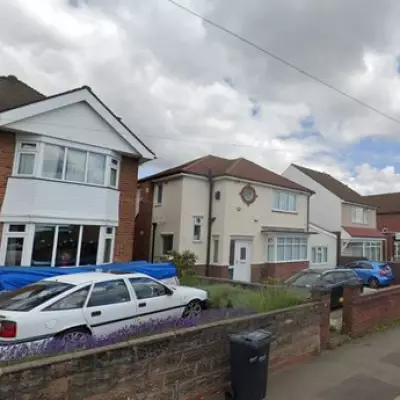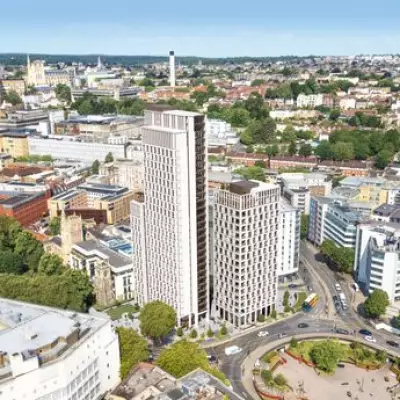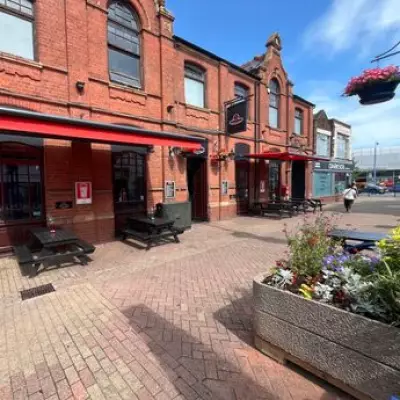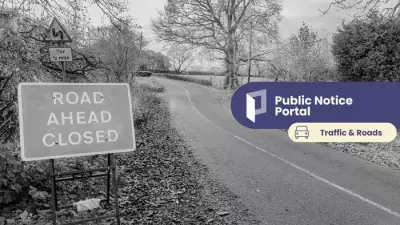
In a major policy announcement that could bring relief to millions of struggling households, Labour leader Sir Keir Starmer has revealed an ambitious plan to tackle Britain's escalating cost of living crisis head-on.
Direct Financial Relief for Families
The cornerstone of Labour's proposal involves a substantial £150 reduction in energy bills for every household across the country. This immediate financial support comes as families continue to grapple with energy costs that remain significantly higher than pre-crisis levels.
Speaking during a crucial visit to the West Midlands, Starmer emphasised the urgency of the situation: "We cannot stand by while families choose between heating and eating. This isn't just about numbers on a spreadsheet - it's about real people facing impossible choices every single day."
Council Tax Frozen for Millions
In a double boost for household budgets, Labour plans to implement a complete council tax freeze for the entire next year. This measure would prevent local authorities from increasing rates, providing additional stability for families already stretched thin by rising living costs.
Funding Through Windfall Tax
The ambitious financial package would be funded through an extension and expansion of the existing windfall tax on oil and gas companies. Labour argues that energy giants have profited enormously from international market fluctuations while ordinary consumers suffer.
The proposed measures include:
- Extending the current windfall tax until 2029
- Closing what Labour calls "loopholes" in the existing scheme
- Increasing the tax rate from 75% to 78%
- Removing investment allowances that reduce companies' tax bills
Political Battle Lines Drawn
The announcement sets clear dividing lines with the Conservative government, which Labour accuses of failing to adequately address the ongoing cost of living pressures. Starmer positioned the policy as a matter of fundamental fairness.
"This is about who pays for the cost of living crisis," Starmer declared. "We believe it should be the energy giants making record profits, not hard-working families who've done nothing wrong."
Economic Impact and Feasibility
Labour's analysis suggests the expanded windfall tax could raise approximately £1.3 billion in additional revenue - money that would be directly channeled back to households through the energy bill reductions and council tax freeze.
The party estimates that the average household would save around £450 over the next year through the combined effect of both measures, providing significant relief at a time when many families remain under severe financial pressure.
With energy prices expected to remain volatile and household budgets continuing to strain, Labour's proposal represents one of the most substantial interventions into the cost of living crisis proposed by any major political party to date.





